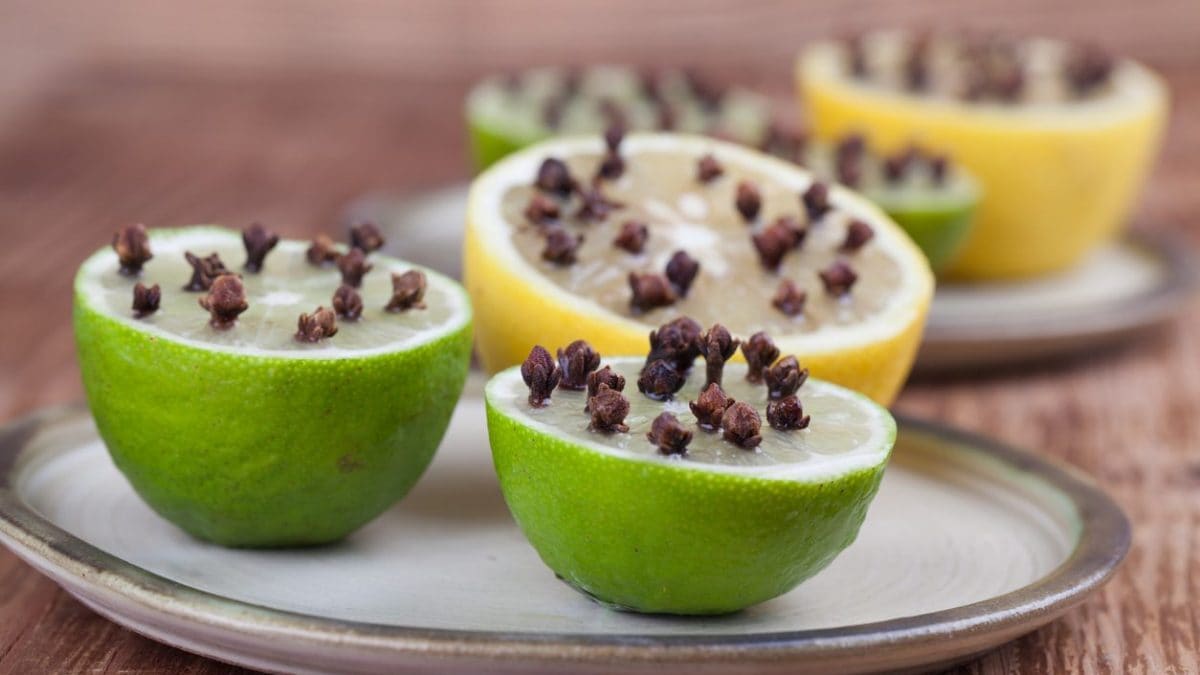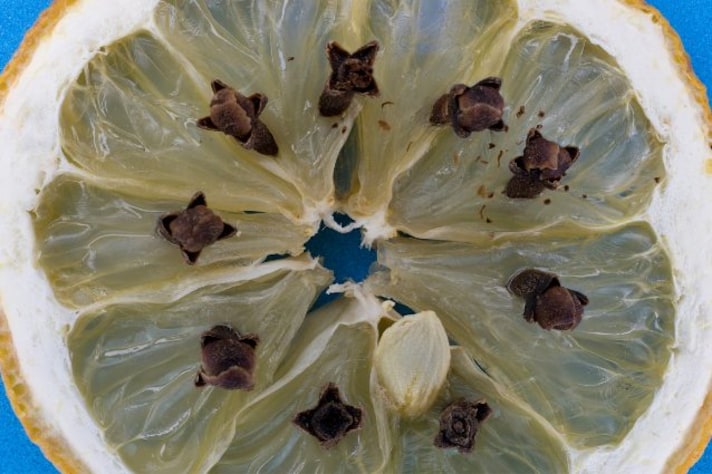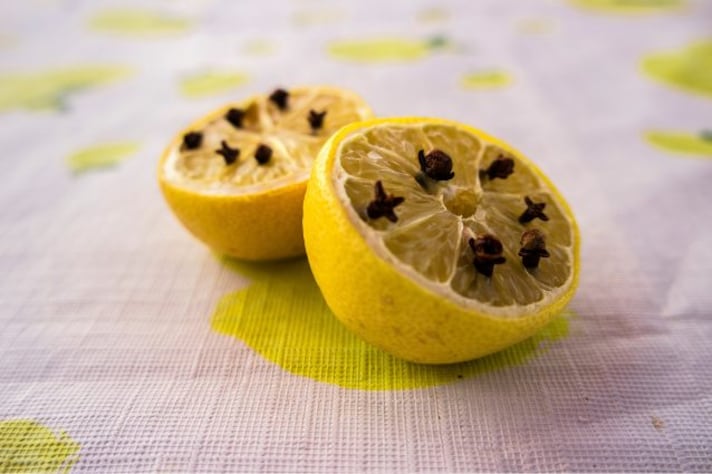
Insects can be a nuisance in any household, especially during warmer months. While chemical repellents are commonly used, natural alternatives like lemons and cloves offer an eco-friendly and effective solution. In this article, we'll explore how you can use these simple ingredients to ward off pesky insects, the science behind their effectiveness, and other helpful tips.
Why Do Lemons and Cloves Repel Insects?
Lemons and cloves have been used for years as natural insect repellents, but what makes them so effective? The key lies in their strong aromas. Lemons release a citrus scent that many insects, including mosquitoes, flies, and ants, dislike. On the other hand, cloves contain eugenol, a compound known for its potent insect-repelling properties. When combined, these two ingredients create a powerful yet pleasant-smelling deterrent that can help keep your home bug-free.
The acidic nature of lemons further disrupts the scent-tracking abilities of certain insects, confusing them and discouraging them from lingering around your space. Cloves’ pungent aroma enhances this effect, making the combination an ideal natural defense.

Other important benefits of using lemons and cloves for insect repellent include that they are non-toxic, biodegradable and can be applied in various different ways around the home.
How to Use Lemons and Cloves as an Insect Repellent
Using lemons and cloves to repel insects is not only effective but also simple to execute. Here's a step-by-step guide to making your own natural insect repellent:
- Start by cutting a lemon into two equal halves. You can use more lemons depending on the size of the area you want to protect.
- Take several whole cloves and insert them into the flesh of the lemon. Stick as many as possible, ensuring that the clove heads are exposed.
- Once you've prepared the lemon-clove combination, place the halves in areas where insects tend to gather, such as windowsills, kitchen countertops, or near doors.
- To maintain effectiveness, replace the lemon and cloves every few days, as the scent will gradually weaken over time.
This natural method can be particularly useful in outdoor settings like picnics or barbecues, where chemical repellents may be less desirable due to food proximity.

Additional Tips for Insect Control
While lemons and cloves are effective, combining them with other natural strategies can further increase their repellent power. Here are a few extra tips to help keep insects out of your home:
Insects are attracted to food crumbs and spills, so maintaining a clean living space, especially in the kitchen, can reduce the chance of an infestation. Essential oils like lavender, peppermint, and eucalyptus can enhance your natural insect-repelling efforts. You can either diffuse them in the air or mix them with water to create a spray.
Ensure windows, doors, and any potential insect entry points are sealed properly to prevent bugs from sneaking inside. Mosquitoes breed in standing water, so be sure to remove any excess water from flower pots, gutters, or pet bowls.
;Resize,width=767;)
